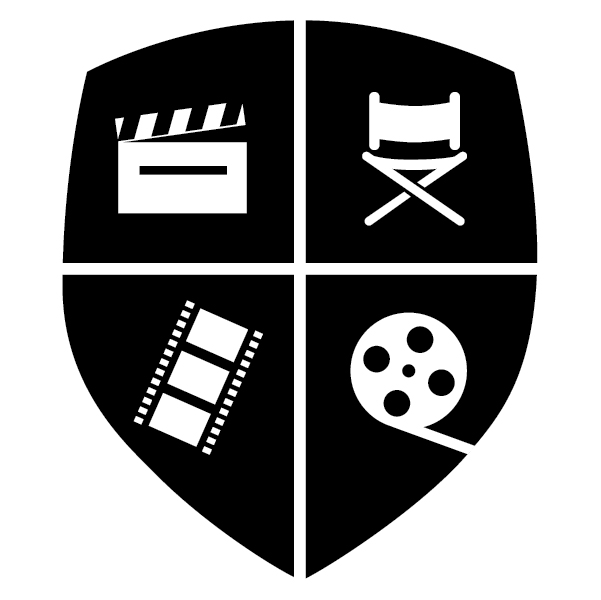Filmmaker 5 with Cameron S. Mitchell and Julia Muniz: ELSA
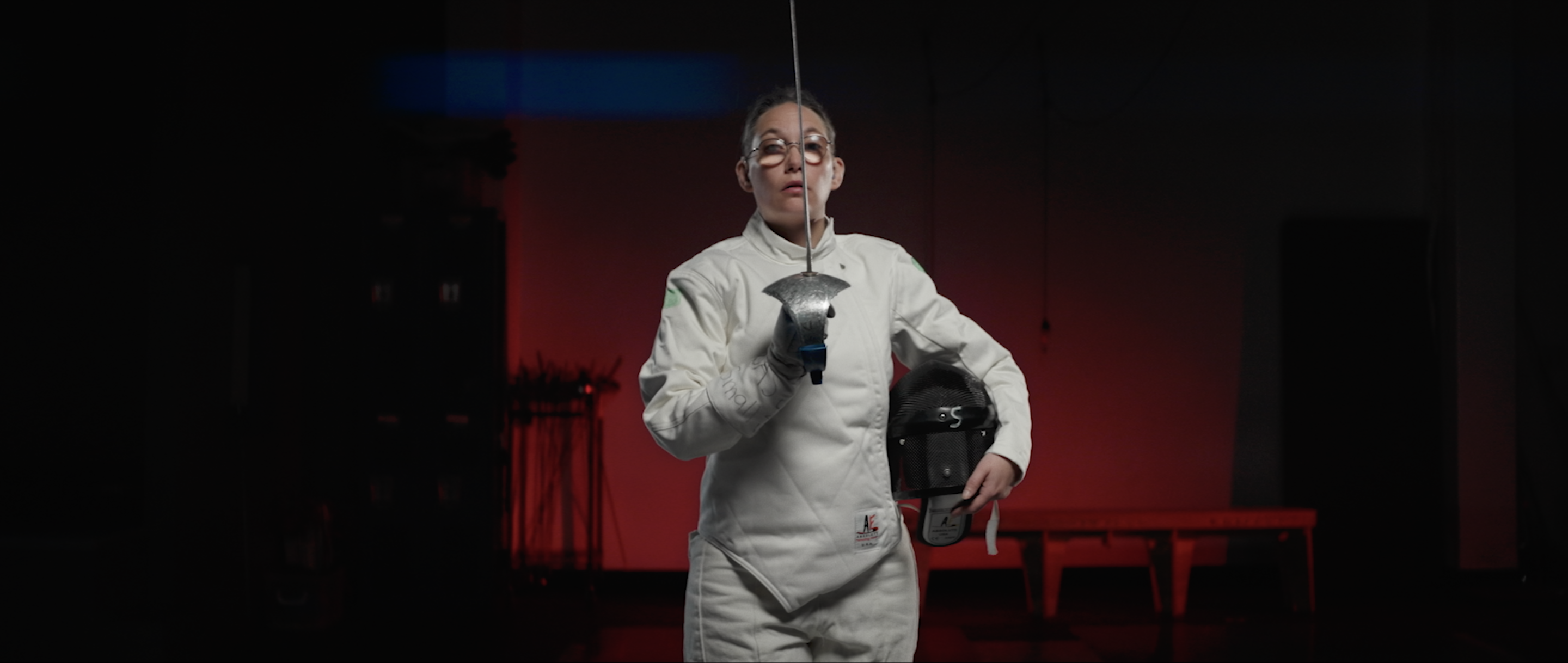
Elsa Sjunneson is many things: professor and media critic, skilled fencer and hiker, published author and writer for Marvel Comics’ first Women of Marvel, Assassin’s Creed, and the Magic the Gathering universe. She’s also the first Deafblind winner of the Hugo Award and the Aurora Award. Through her disability and queer rights activist work, Elsa aims to change people’s misconception of the Deafblind community and show them as loud, capable, strong people. ELSA, the documentary short film featuring Elsa Sjunnessen accomplishes that mission.
ELSA is showing Mon, Aug 15th, 2:30 PM PDT @ TCL CHINESE 6 THEATRE || #6 and via Bitpix Streaming Platform during the 2022 HollyShorts Film Festival running August, 11-20, 2022.
Our Classic Couple Academy Filmmaker 5 with ELSA co-writers and co-producers Cameron S. Mitchell and Julia Muniz follows.
Filmmaker 5.1: What are your personal connections to Elsa Sjunneson that allowed you to bring her story to film?
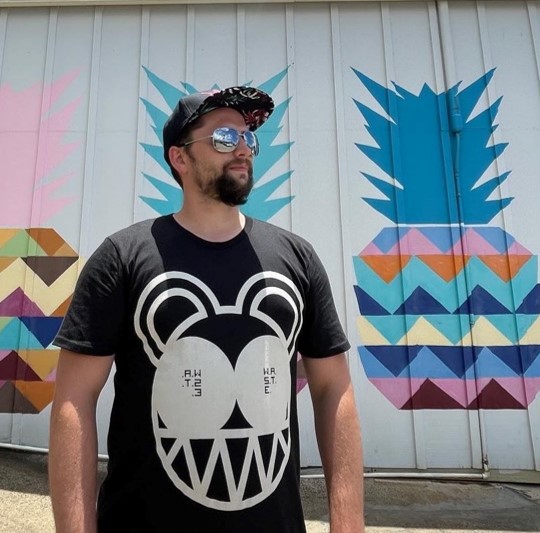
Cameron S. Mitchell: Classic Couple, first of all thank you for having us and for highlighting ELSA in your Filmmaker 5 feature. The opportunity to film ELSA arose through a group that the producer Julia Muniz and I are both a part of known as FWD-Doc, which has over 500 filmmakers with disabilities and counts Oscar-Winner Troy Kotsur and Oscar-Nominee Jim Lebrecht among its members. The piece was commissioned by PBS as a contemporary portrayal of a Deafblind person that is a contribution to the universe of their feature BECOMING HELEN KELLER. Elsa Sjunneson is a friend of another FWD-Doc member Day Al-Mohamed (who is now the Director of Disability Policy at the White House) and Amanda Upson (who runs the group currently with the other co-founders). Day and Amanda approached me with the concept, which initially was a more comedic “tete-a-tete” interview sparring with interviewee type approach.
Upon reading Elsa’s essays and her book Being Seen: One Deafblind Woman’s Fight to End Ableism and hearing that she fenced, I knew that there could be the possibility for a very deep and empowering story about her life that could draw people in. I sat down and wrote the initial treatment for this piece, and what came out was strangely close to the answers that we got when we sat down to interview. A lot of the script and questions were about fighting ableism, while also grounding the interview in Disability Studies concepts like Deaf Gain. Throughout the entire process there was a trust that was involved that enabled the whole process to occur. I feel very privileged and honored that Elsa said in her Times Union interview that “This film is the first time that I’ve felt like somebody who doesn’t know me has depicted me well.” If you are familiar with Elsa’s work and how it focuses on how often we get disability portrayal wrong in the media (hint: it’s close to always), you can understand how I might feel about this.
I postulate that it is the proximity to disability and Disability Studies, the consumption and awareness of that work that makes a collaboration and relationship like this possible. While some in the movement might point towards the hyper-sectionalization of disability, I propose that people with varying disabilities can come together and create authentic portrayals that inspire and play off of each other’s ideas as well as portray various disabilities. This is a form of the concept of interdependence, which is heavily threaded throughout my work as the son of two parents who work in the field of Disability Studies, David T. Mitchell and Sharon L. Snyder, as well as my sister Emma Jane Mitchell who is blind, has CP, and uses a wheelchair. We all have disabilities in this family and practice interdependence in our daily lives in order to navigate the world.
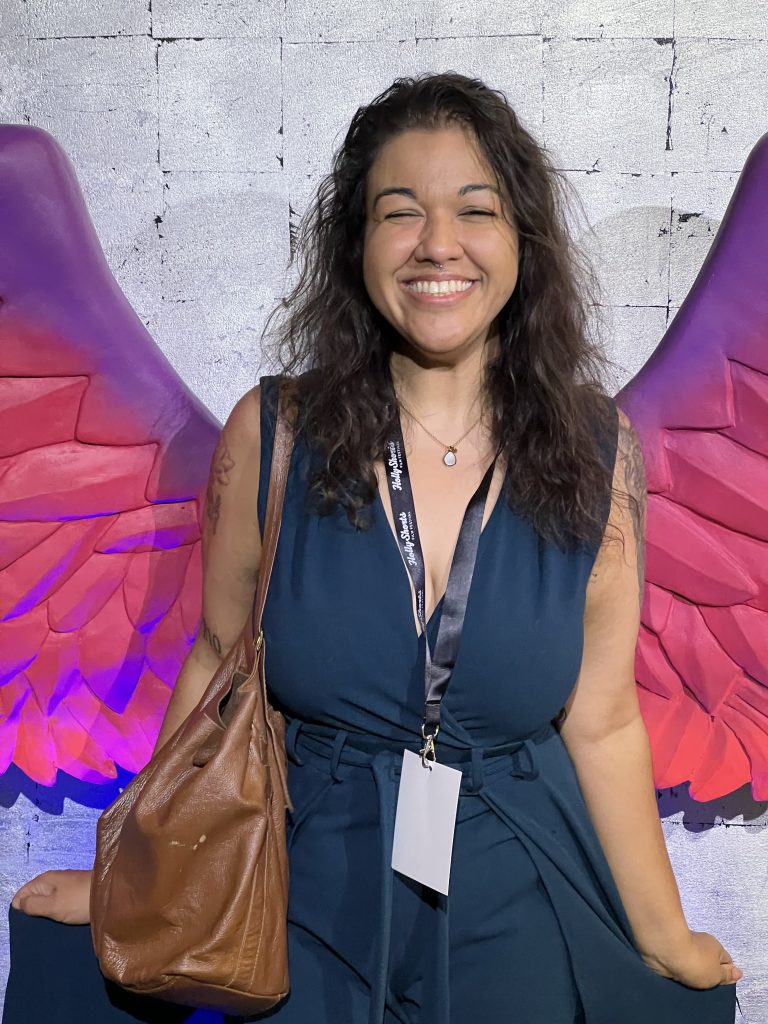
Julia Muniz: Elsa Sjunneson has this quote in our documentary that really resonates with me “Every single piece of work that I do is about forcing my way through the door.” As someone who also ticks various boxes in diverse forms, from being a Latina woman with a disability living in Los Angeles, I know what it feels like to be marginalized by a society whose culture did not authentically portray the intersectionality of our life experiences for centuries, and is only now trying to repair its damage within the industry. Like Elsa, I am also a woman fighting to end ableism and other forms of discrimination, advocating for queer, disability, women, and immigrant rights. I have more than ten years of working experience, and I always strive to put my efforts, skillsets, and time into purposeful work that aims to create justice awareness, such as when I was one of the juries for this year’s BAFTA and Academy Awards qualifier Slamdance Film Festival’s Unstoppable, created to highlight filmmakers with a disability, where I met our talented Director Cameron S. Mitchell, to my work for UCLA’s first Disability Alumni Network as Communications Chair, for instance.
I’ve previously watched Cameron’s work at The Co-Op and his extensive research on the Disposable Humanity documentary, so I couldn’t resist when he approached me with this new project and challenge— “Let’s film this new documentary in partnership with Filmmakers with Disability (FWD-Doc) and PBS American Masters in Seattle (note that both of us are on opposite coasts) and have it ready two weeks after we shoot.” Not only do I trust his vision and point of view as director and cinematographer, but I also remember being super aligned with each other’s choices when we were programming the festival, making it such a great partnership built on trust, respect, and care for each other’s perspective that was perseverant on every step of our production and distribution. The result is there for everyone to experience (we have an accessible version online with audio description, ASL translation, and closed/open captions), and I hope we can bring more representation to the next generation so they can understand the authentic and genuine intersectionality we all find in our lives. I cannot wait for the world to watch and read what else Elsa can bring to the table, next to her notable Hugo and Aurora Awards.
Filmmaker 5.2: How would you describe your creative collaboration with one another—and with Elsa herself as a storyteller—to tell this story?
Cameron S. Mitchell: Julia and I are both united in the fight for authentic disability representation in film. As professionals in the field, I think we both realize how exclusionary the practice of film production can be and how that process can benefit from the integration of people with disabilities from the very beginning of film idea formulation. We both have worked together in recognizing this in other films as programmers for Slamdance Unstoppable (founded by Juliet Romeo) and spend a lot of our time considering how various perspectives interplay into developing a much deeper and nuanced perception of disability on screen. This creative collaboration process when we entered Elsa’s domain became almost seamless–in part greatly due to Elsa’s hospitality, openness, and like-minded perspectives on the ableist structures that define our society. Ableism is a concept that creeps into facets of our everyday lives, even into the minds of disabled people ourselves, and I think we all came together to identify that and have a very honest and open sharing process to target it within ourselves and within others in order to obliterate it on screen with this film. I can’t speak enough about how important the interview process is in this film and how it unfolded inspired and drove the narrative. Ultimately, it is Elsa’s story and I am just happy to get the opportunity to convey it to screen.
Julia Muniz: In addition to what Cameron already said, I feel there are three main pillars that we built within ourselves that we could, fortunately, pass to the rest of the crew—care for each others’ perspective, trust, and respect for each others’ time, expertise, and needs. Those should be crucial for every set, project, and relationship. Even though it was our first time on set together, everyone in our small team played a critical part in bringing Elsa’s story to the big screen. I couldn’t be more grateful for Elsa for trusting us to tell her story, Cameron for the opportunity, and the crew for going above and beyond to make this happen. Everything ran so smoothly that it felt like a mindfulness process for everyone involved.
As far as the collaboration with Elsa herself, we connected with her previously through Zoom to get to know each other a bit better to outline our questions after a throughout research about her, from her memoir Being Seen: One Deafblind Woman’s Fight to End Ableism to other many materials available online. As someone who loves neuroscience and neurolinguistics, I am always careful about how we communicate with each other, and a small change of word can make a huge difference in a question and its answer. With that said, I always shared my insights to Cameron, and together we got into a final document with what we wanted to learn more from Elsa. We did not show her the questions beforehand as we wanted the documentary to be as genuine and authentic as possible. It then became the first look for many and a new perspective about her for those who already knew Elsa’s work from the past.
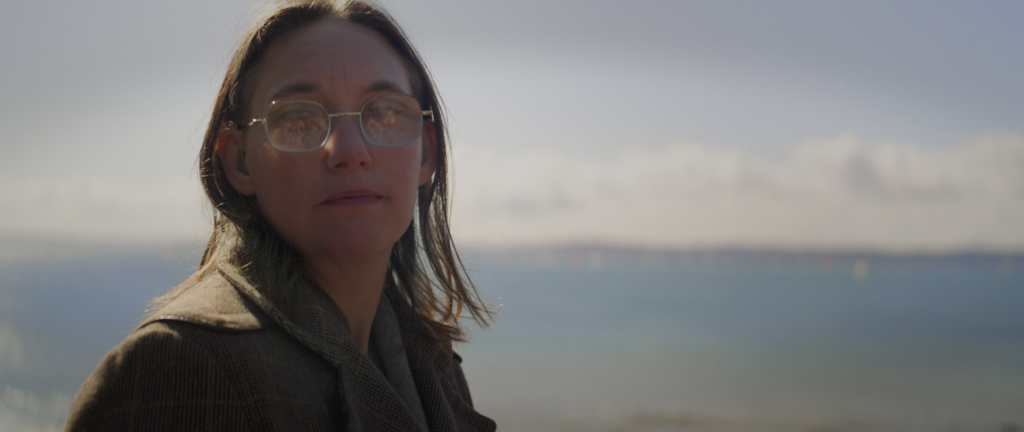
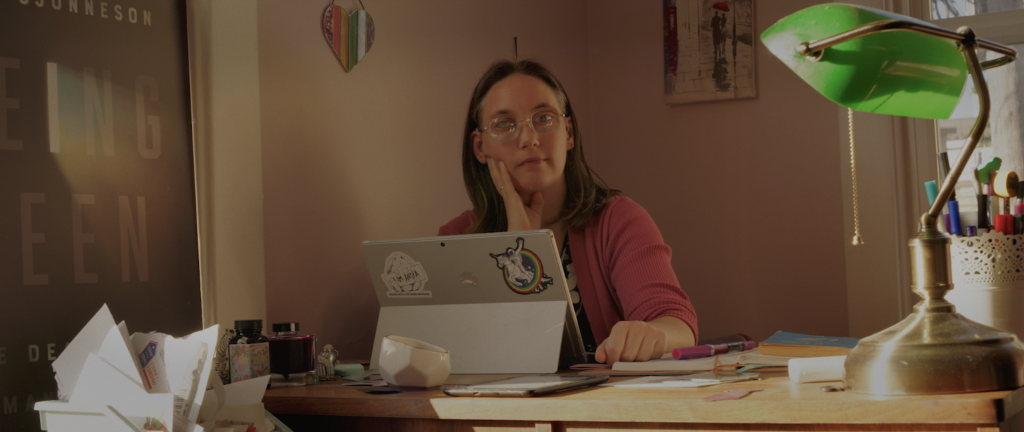
Filmmaker 5.3: You both focus on advocating for and creating authentic portrayals of persons with disabilities on film. What unique perspectives did you bring to your collaboration to inform this project?
Cameron S. Mitchell: It is a tricky process in the documentary world to “write” one’s treatment and describe the film in advance of the film’s creation. I think Julia and I engaged on this and always are just trying to better each other’s inputs and check the details that might be skipped over in the fast and fluid world that is film production. I think a relationship like this is essential to ensuring that you best reflect the disability community even though the disability community itself is not a monolithic block. The collaboration works best when the dissent of varying disability perspectives are allowed into the room (this also means that egos are checked at the door).
As my folks describe in their article “How Do We Get All These Disabilities In Here?” about Disability Film Festivals, there is a “Politics of Incoherence” that defies categorization at disability-specific events. If one can accept that the status quo will always be challenged even when best efforts are taken to consider every view point, I think you can begin to see all that the disability community has to offer. In the words of Elsa in the film, “There are no two Deafblind people who are exactly alike, the spectrum is so vast that I can’t even really explain it.” I think this can extend to all disabilities, and once we understand all the shapes and forms that disability can take then we can begin to talk about it the way ELSA achieves it in the film.
Julia Muniz: One of our documentary quotes from Elsa that I love says “there’s a burning fire in my chest every single day and it has been there ever since I was a little girl, and I think that rage comes from existing in a world who wants to define me constantly based on their own decisions of who I should be.” As Cameron mentioned, the intersectionality in the disabled community is so vast that society needs to review its internalized ableism and pre-conceptions to understand all the forms it can present in our lives and be more open to authentic portrayals within the community it is looking to represent. We both have experienced disabilities most of our lives, so we are always willing to listen to each other’s points of view when raising a topic, with Elsa’s perspective having priority on our minds. We understand that we all have something to add to the discussion with our different abilities acquired throughout the years of experience and fully support each other to better ourselves into the professionals and people we want to be, so I also think that this is key for our partnership to be so successful during all this time. As an example, while Cameron also portrayed his perspective through his marvelous camera work, I applied my experience as a woman with a disability to provide feedback for the story we wanted to approach, and my MBA to gather those contracts with major stakeholders (such as Marvel and Converse) on time.
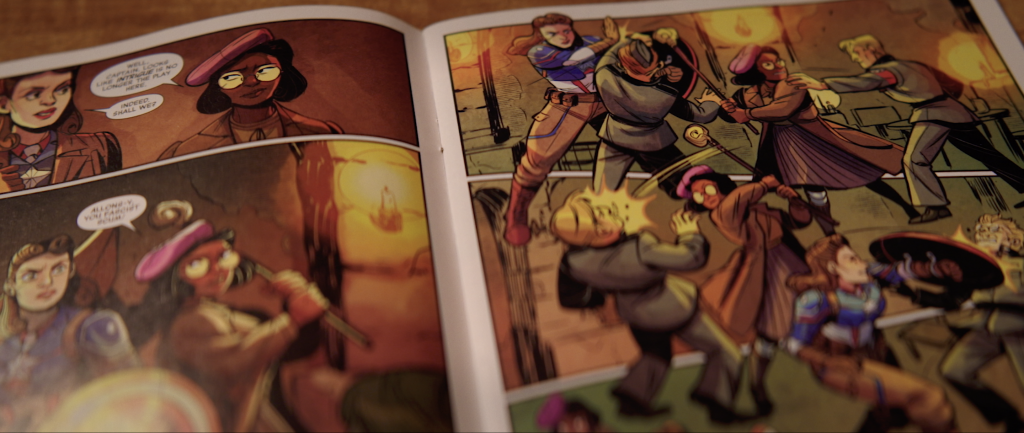
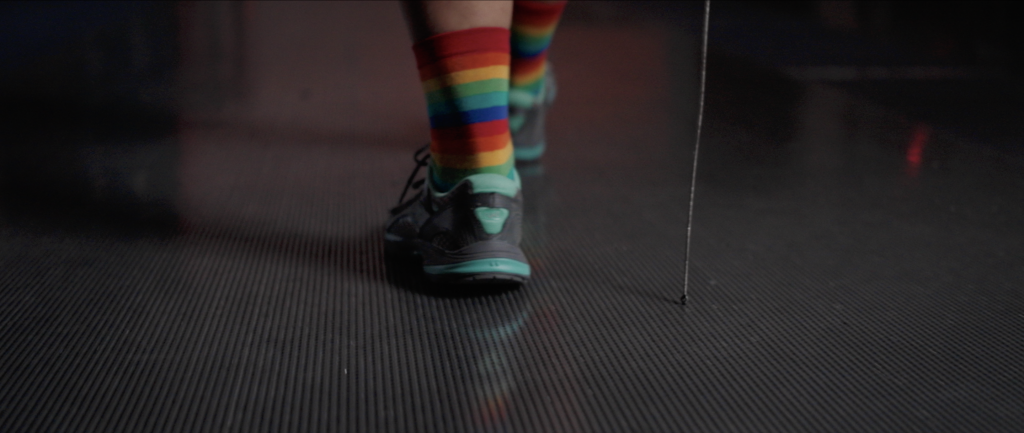
Filmmaker 5.4: Stereotypes of people with physical disabilities are ubiquitous in the history of film. What can we—in a time of enhanced focus on diversity, inclusion, equity and belonging—learn from this film?
Cameron S. Mitchell: Stated simply, I don’t think I’m going out of my way to say that the vast majority of us simply did not know any other Deafblind people other than Hellen Keller before experiencing ELSA. I hope we can reflect on that and see how experiencing this film changes our proximity to that experience, to Elsa’s experience, and that it can change our perspective not only on Deafblindness, but on how we identify and speak about ourselves, the world, and how we view everyone else The difference will not always be stated but we must be open to reading it and looking for it in all situations.
Elsa is Queer, she is Bi-sexual and Jewish, she is a woman. There is intersectionality at play here and I would suggest that due to the minority status of all these identities that they are in some way, shape, or form disabilities. The multiple intersecting identities in this film interplay and sometimes you have to state them and name them and other times you can just observe them if you know to look out for them. Little details like the mezuzah that is on the wall in her room and the rainbow socks she wears while fencing. The way the film carries itself and speaks about injustice. When Julia and I are programming for Slamdance Unstoppable these are all things that we look for and why you need trained, experienced disability-focused perspectives to find those things. Open the room and allow these experiences in, allow the dissent of disability experience, I guarantee your project and your life will be all the better for it.
Julia Muniz: There are a lot of misconceptions about disability and most of the time, those are the ones being portrayed in media and shaping society how we know. They are selected by able-bodied entitled people who think they know what disability justice means without any previous consultation with the community they are trying to represent. Media and culture walk side by side and we need to be careful about what and how we are producing and consuming content in this world full of algorithms that want to destroy our emotional wellbeing in exchange for numbers. Attention is a commodity, and the more we focus on empowering ourselves and others with authentic representation in front of and behind the cameras, the better it is for society in the long term.
I remember reading about some backlash around a short film that portrayed a woman with a disability being abused, created by a man with no connection with the community whatsoever. We are tired of finding inspirational porn, where people use and abuse dramatic shots and situations to make others feel pity. We are not here to make you feel that way but to be seen and understood as individuals that are a part of your present and future, even when the past tried to shove us down. To show the next generation that they too can be empowered adults with disabilities. Yes, we have our complexities. No, life is not easy. But what you do with the hardships that come from your experiences shapes who you are and impacts all the others surrounding you. Please embrace all your identities. There are too many intersectionalities and communities you can belong with, and I hope you know you are not the only one out there feeling the way you do. There is a vast universe within you, and our world is lucky to have you.
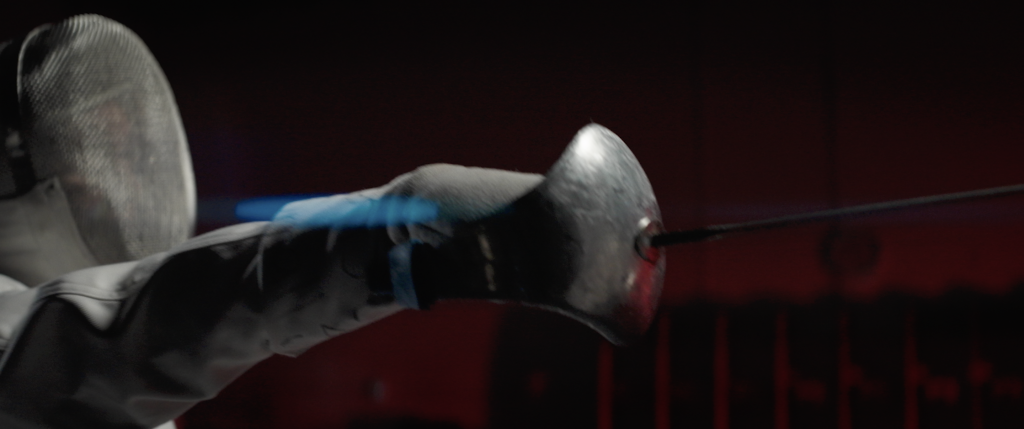
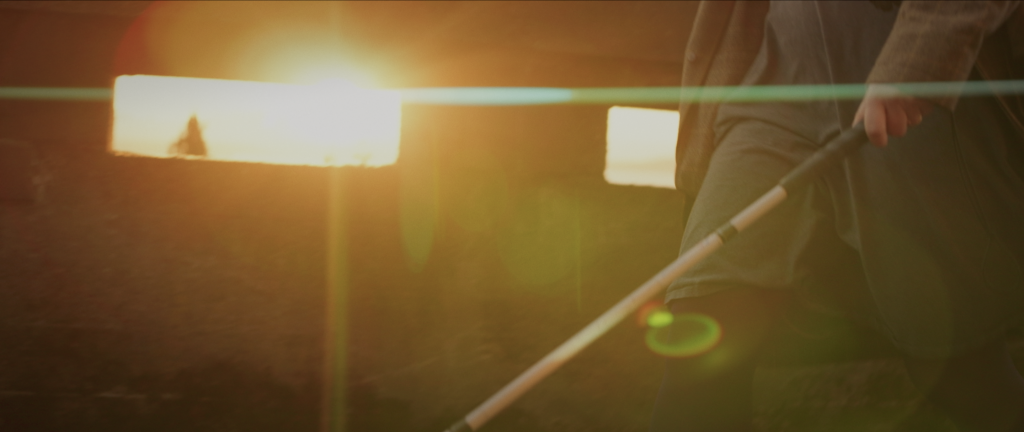
Filmmaker 5.5: In the film, Elsa speaks passionately about imagining disabled people in the future. What are your own hopes for what this film represents for today and for the future?
Cameron S. Mitchell: I really appreciate Classic Couple for asking this question. It is so important for us to reckon with the fact that the film industry to this point has been entirely exclusionary of disabled people and ableist. There are something like 57 Oscar nominations for roles portraying disabled people and only 1 or 2 of those were actually played by someone with a disability. Sometimes I feel like that word, ableist, doesn’t carry the level of indictment of other words but it really should. We should be incredibly upset that we have been deprived of the minutiae of disabled people’s stories being told in a way that is interesting, deserving, and well crafted throughout history.
When we imagine futures where no disabilities exist, we are committing an internalized genocide on those bodies in our own minds in future worlds. We are saying they are not good enough for the future. We are removing them from our thoughts and imaginings of what is desirable, erasing them from the list of identities that we consider people—if there are no disabled people in the future, how can we ever get to know them and emphasize with them? I just want to emphasize how catastrophic of a mistake it is when we do this and how prevalent ableism is everywhere whether we choose to be aware of it or not. I often have to check my own ableism, feelings of self doubt and worth based in bodily difference.
It is important to recognize that ableism is something engrained in us by society, we are taught it from the earliest age when we tell stories without disabled people in them and we don’t see disabled people in our schools or just generally around us. One in four people identify as having a disability. That is a trillion dollar market that Hollywood is just leaving on the table. So for the future, for my hopes I would say that I hope we will finally come to that moment where we recognize the importance of those who identify as having disabilities and who speak truth to power from that experience. These perspectives can often be critical of the moorings of the society that is around us but that is in some part because disability isn’t in us but in the environment around us (the so-called social model of disability). We are simply people just trying to exist and be seen, like Elsa, and all we are asking for is a seat at the table.
Julia Muniz: I genuinely hope that the current and future generation of Deafblind kids feel represented by this documentary, including today’s adults’ inner child. As both Cameron and I previously stated, there is not enough representation in the industry, and not many people have personally experienced deafblindness in their circle. If a child does not have adult representation in their lives, they might grow up believing that disabled adults don’t exist. They might believe that they are the only ones facing their complexities and needs in this world. Can you imagine how catastrophic that can be to a child’s mind?!
I hope this film transmits another perspective on deafblindness, empowerment, activism, self-identity, and the future to the general audience.
“They don’t need a degree in disability studies, they don’t need to be disabled, they just need to be willing to listen.”
– Elsa Sjunneson
Classic Couple Academy Recommends
Watch the ELSA trailer.
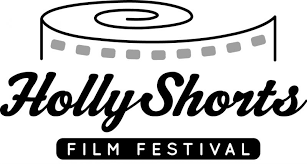
And see the film at HollyShorts: Mon, Aug 15th, 2:30 PM PDT @ TCL CHINESE 6 THEATRE || #6
